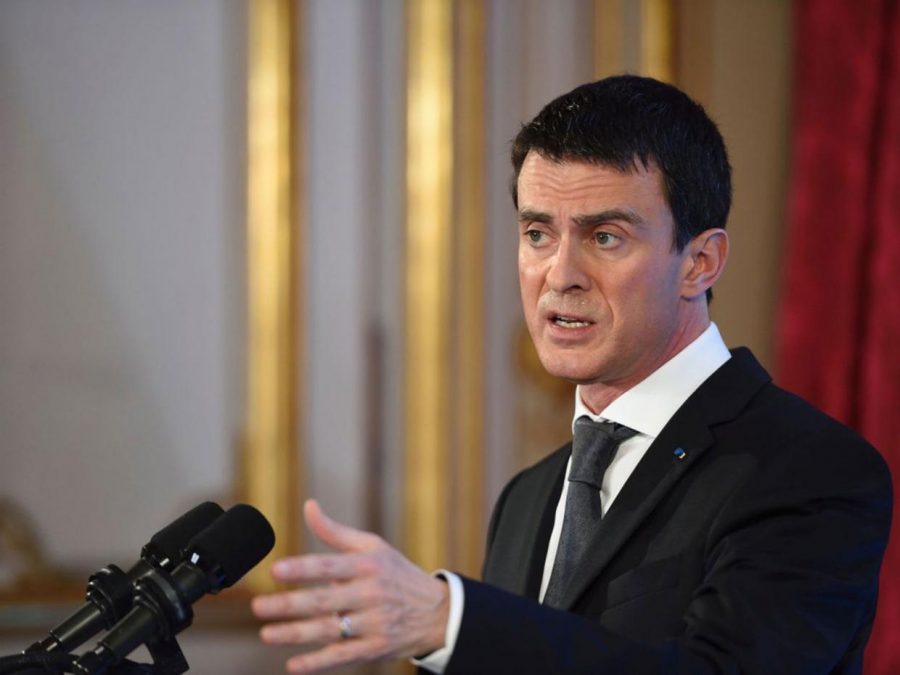French Prime Minister in favor of banning Muslim headscarves in college
April 15, 2016
French Prime Minister Manuel Valls stated Wednesday that he believed it would be in France’s best interest to ban Muslim headscarves in higher educational institutions. This statement quickly arose controversy and questions of whether the ban would even be a possibility. Many other French government officials, including Secretary of State for Higher Education and Research Thierry Mandon and the Minister of Education, Higher Education, and Research Najat Vallaud-Belkacem disagreed with Valls opinion. Instead, both lobby for the rights for religious freedom and expression within university settings, which is legal in France.
The freedom to wear religious garments, particularly the headscarf, at French universities has been long contested by the right wing government. Former president Nicolas Sarkozy has stated that he believes they should be banned as well. It is of note that while headscarves are not banned in higher education in France, they are in fact banned in state schools as of 2004. Additionally, the niqab, a full face covering veil was also banned from being worn in public in 2011.
Many news sources jumped on the opportunity to contest whether this was constitutional or not, incorporating opinions from both sides of the controversy. Buzzfeed, however, targeted French university students reactions to this possibility. In response, many have been using the hashtag #VraisProblemesUniversite which roughly translates to “Real University Problems.” The social news source giant includes things like balancing education, work, and mental health as well as issues of overcrowding in lecture halls under the hashtag. A quick Twitter search of it shows other issues like wrongfully allocating money, being encouraged to seek work outside of France, and unheated lecture halls.
When asked how she felt about the situation, UWL senior Mackenzie Jones said that “relatively speaking to how the French handle religious symbols in public institutions, you’re not allowed to wear a huge cross or other religious clothing, either. However, wearing a hijab should be the choice of the individual regardless of how you’re handling other religious practices. Most other religions don’t have such a clearly recognizable religious garment. So it’s still kind of unfair to people who practice Islam.”
In addition to the previous statements, Valls also went on to say, regarding the Muslim faith as a whole, that “I would like us to be able to demonstrate that Islam, a great world religion and the second religion of France, is fundamentally compatible with the Republic, democracy, our values and equality between men and women.” Some citizens took issue with this statement, saying it implied that Islam had yet to influence French society and politics and that it encouraged stigma.
In an interview with Paris newspaper Libération, Valls stated that “we must help the Muslims of France to win this cultural battle, to have this collective force against the Islamist ideology that would govern all social and political life.”
So while Prime Minister Valls statements have incensed a high amount of both public outcry and discussion, it is unclear as to what the next step for him and the French government as a whole will be, though it will most probably be well documented by the rest of the world.






